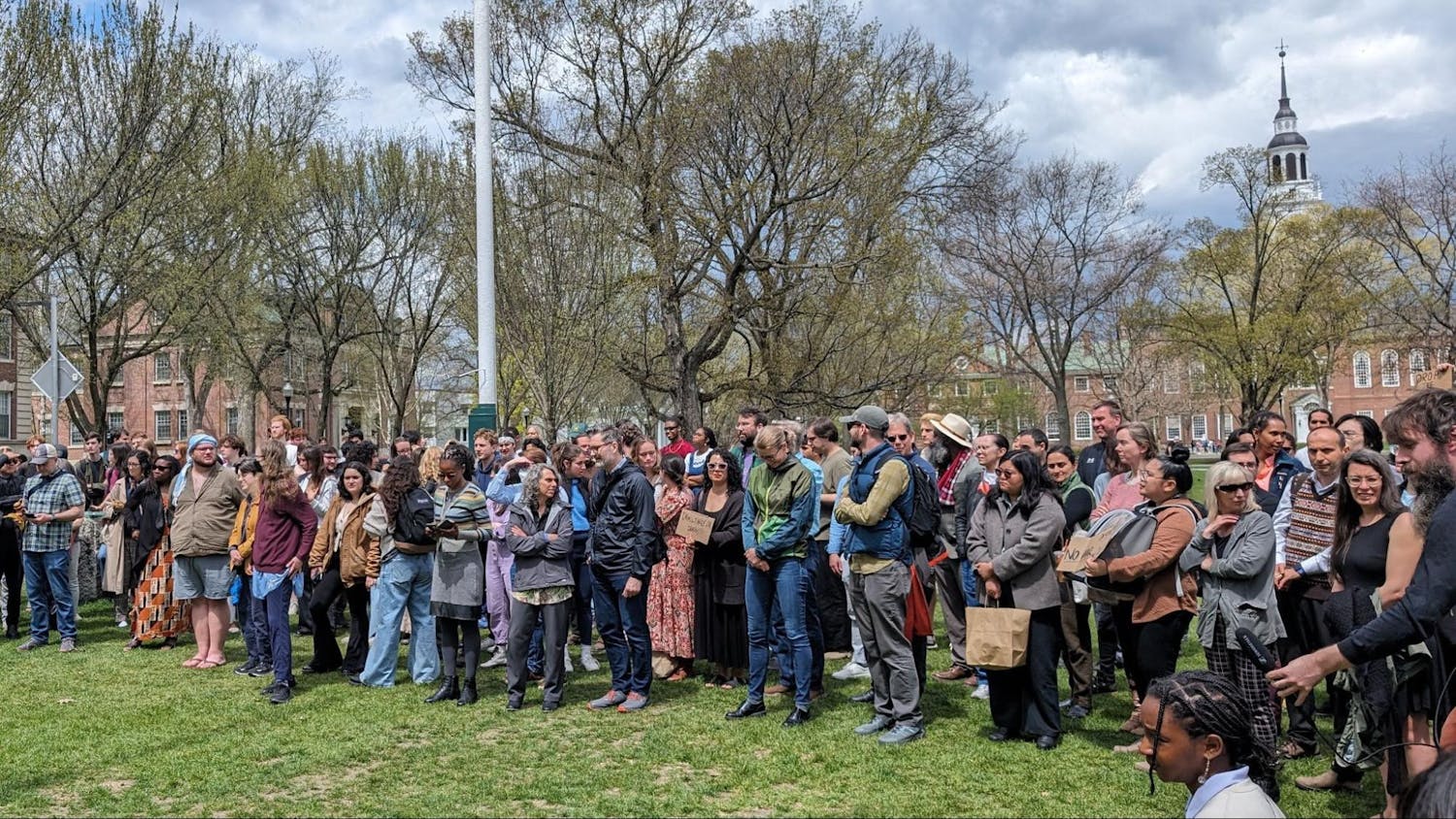With the College now entering the implementation process of the Trustees' Initiative, the financial burden is drawing renewed attention, and costs appear be hovering in the $100 million to $150 million range.
Although specific plans for a revamped social and residential system have yet to be finalized, a rough estimate indicates that the total sum will exceed the initial $100 million estimate, most of which will come from the school's endowment and projected alumni donations.
Tuition, said Treasurer Win Johnson, will not be affected by the Initiative.
In the short term, the largest amount of funds will be directed toward new residential buildings. Within a few years, the College plans to build 500 beds at $100,000 each, totaling approximately $50 million.
A later phase of residential construction could mean 600 more beds at the same per capita price.
Immediate increases in the programming budget -- including money for freshman orientation programs -- will cost between one and two million dollars annually, in addition to new funding for staff and student positions, according to Johnson. That alone means $40 million from the endowment, he said.
And as the College considers plans for recreation and flat-floor spaces, further funds will be considered for allocation, as initial plans drafted by Centerbrook architects estimated costs would be in the tens of millions of dollars.
"It's a reflection of the College's financial strength in general, but it's also a reflection of the College's commitment to improving the quality of social and residential life," Dean of the College James Larimore said.
Though administrators are considering the future direction of the Initiative, specific plans have not yet been formulated, and costs are by no means definite.
"It's pretty clear that the needs are compelling" for new space, Johnson said. "But the magnitude of the recommendations are such that this will have to be done in a phased program, and I don't know yet how the phasing will work out, and I don't know how much will go to social, dining, and recreation."
The sources of the funding, too, remain ambiguous.
"There's certainly hope that donors will take an interest in the needs portrayed by the Trustee report," Johnson explained. "Just in the endowment alone, we know we can afford an important part of it."
If the College is unable to locate sufficient alumni support, the endowment will be able to fund a large portion of the projects, according to Johnson.
But, he said, all that is contingent on a strong economy. If the country faces an extended recession, plans for the Initiative's implementation will be revised.
"We'll probably end up doing it more slowly than we had hoped, but this is a priority that we're going to stay committed to," Johnson said.
Nonetheless, the College remains optimistic that it will find alumni donors.
"I'm very confident," Larimore said. "A number of alumni have expressed an interest in helping us build space, a large flexible flat-floor space. And we haven't gone to anyone with specific requests yet."
Before the construction of new buildings is completed, the College is looking to spend additional money on keeping existing ones open for longer portions of the day, Larimore said.
He also stressed that construction will begin as soon as possible. For new dormitories, that could be within a three-year period. But for larger buildings -- such as a possible new student center as well as recreational and dining spaces -- the wait will likely be longer.
According to Director of Residential Operations Woody Eckels, the need for the large number of new beds -- which could eventually total 1,100 -- comes from several factors. One is to relieve the campus-wide housing crunch that currently limits the number of students who can live in College housing, and another is to "decompress" existing rooms, which the steering committee outlined as a major urgency.



